The United States welcomed the resumption of talks led by the United Nations between two Libyan warring sides, the U.N.-backed government and the leader of the armed forces which controls a big part of eastern Libya, with a goal of achieving a ceasefire and relaunching intra-Libyan negotiations.
U.S. President Donald Trump spoke to Egyptian President Abdel Fattah al-Sisi on June 10 and praised his efforts to promote political reconciliation in Libya, the White House said.
Russia and the United Arab Emirates welcomed the plan, while Germany said U.N.-backed talks were key to the peace process.
The LNA, which is supported by Egypt, the UAE, and Russia, recently reentered U.N. security talks with the GNA to implement a ceasefire.
“It’s time for all Libyans on all sides to act so that neither Russia nor any other country can interfere in Libya’s sovereignty for its own gain,” Pompeo added.
Pompeo stressed the importance of Libya regaining control over its oil fields. “Putting Libya on the path to economic recovery means preserving Libyan oil facilities and strong access to the National Oil Corporation,” he said.
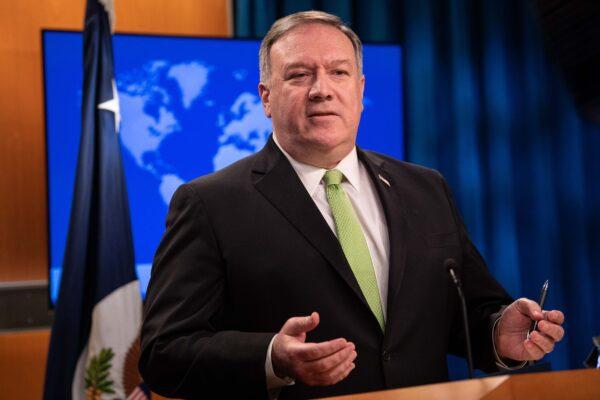
Libya’s National Oil Corporation (NOC) declared force majeure on exports from its El Sharara oilfield on June 9, after an armed group repeatedly halted production just days after output had resumed following a blockade that had lasted five months, according to Reuters.
Due to military gains achieved by the Libyan Government of National Accord based in Tripoli, production has resumed in recent days at the El Sharara and El Feel fields.
However, the production was disrupted again on June 8 when a local armed group, affiliated with the eastern-based LNA, stormed the field and ordered output to stop, NOC said in a statement, according to Reuters.
During the months of blockade, NOC said armed militia had prevented maintenance on a 16,000-barrel tank, which collapsed as a result.
Before a five-month blockade by forces aligned with the LNA began in January, the field had produced 300,000 barrels per day, equivalent to about a third of Libya’s output at the time.
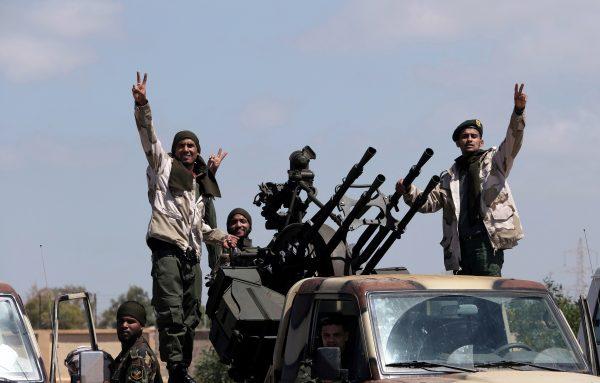
US, UN Call for Ceasefire and Political Talks
Despite the end of the LNA’s siege on Tripoli and the peace process for Libya initiated by the Egyptian president that opened the way for a political dialog between the LNA and GNA, “fighting has intensified with the involvement of foreign actors,” Schenker said.The United States is especially concerned with the involvement of Russian Wagner mercenaries and the inflow of Russian military equipment and weapons, which in turn led to Turkish intervention, Schenker said.
The involvement of foreign actors in Libya challenges U.S. interests and regional stability in the Eastern Mediterranean and is also against the will of Libyan people who “want peace and an end to foreign intervention,” Schenker said.
“The Russian fighter aircraft arrived in Libya, from an airbase in Russia, after transiting Syria where it is assessed they were repainted to camouflage their Russian origin,” said the statement. Russian military aircraft are likely to provide air support for private military contractors of the Wagner Group that supports the LNA, the statement said.
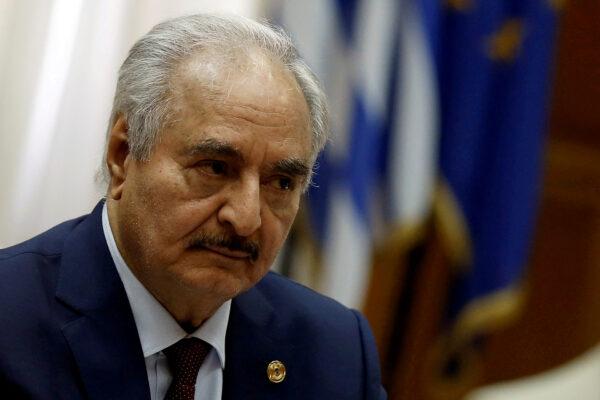
The United States urged both sides of the Libyan conflict to implement a ceasefire and achieve a long-term solution to the conflict through good faith intra-Libyan negotiations, according to Schenker.
The United States is also concerned with the discovery of mass graves and bodies of civilians in areas retaken from the LNA. “We are similarly concerned that a GNA offensive on Sirte would have serious humanitarian consequences. When armed groups and their external backers escalate, the Libyan people suffer,” Schenker said.
Guterres also reiterated “his call for an immediate end to the fighting in Libya in order to save lives and end civilian suffering,” the statement said.
Haftar’s LNA has been waging an offensive since April 2019 to seize the capital Tripoli, the seat of the internationally recognized Government of National Accord.
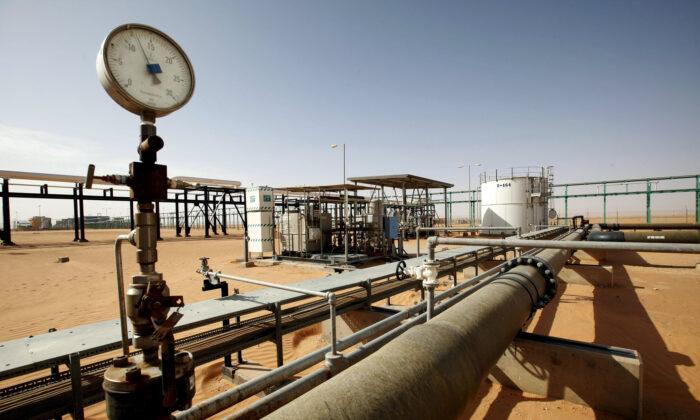

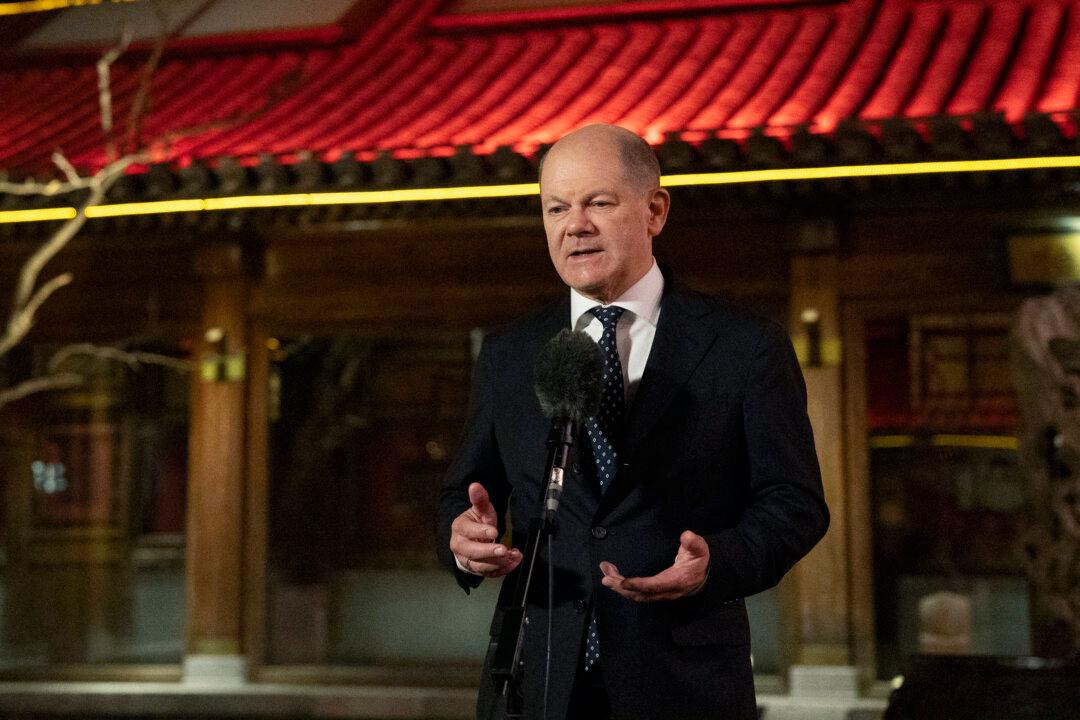

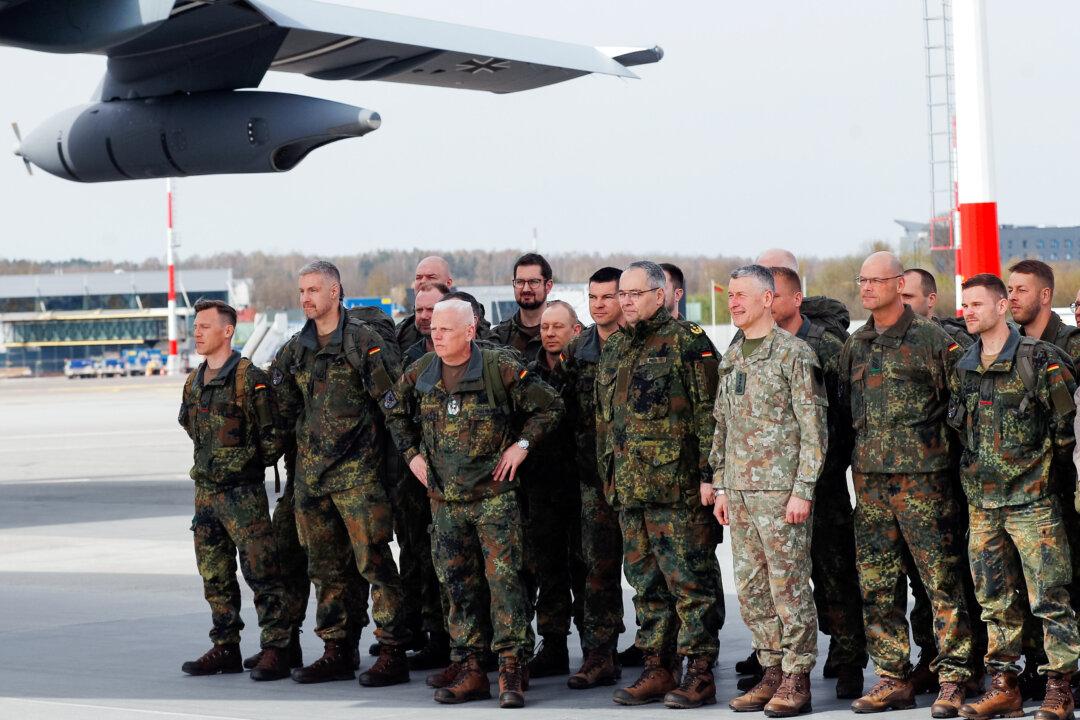

Friends Read Free